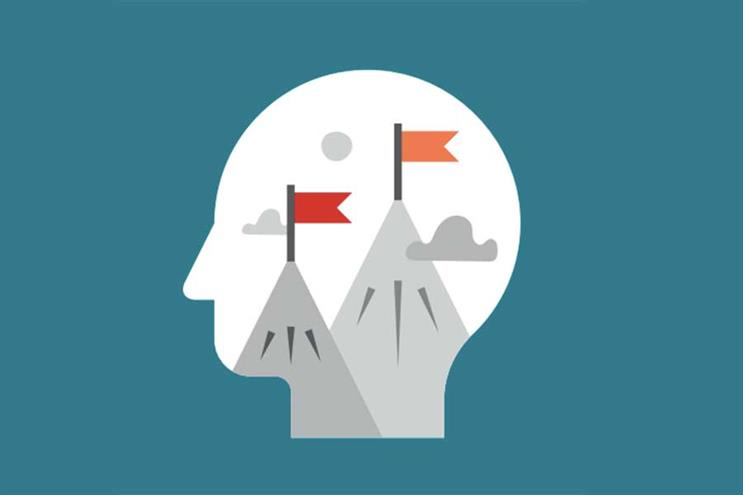Innovation is about good decisionmaking, and my argument is that the future is the best decision-making tool we have today. To that end, I offer five practical tools for delivering more effective innovation:
Define your objective by time
What do you mean by innovation? What you should mean is what effects you hope for over a given time.
• Don’t attempt to achieve transformational innovation within a year – it can’t happen.
• Define your innovation through the following categorisation: transformational, strategic, operational and executional.
• Define these as follows:
1. Transformational innovation over many years, probably a decade.
2. Strategic innovation over several years.
3. Operational innovation over a matter of weeks.
4. Executional innovation over a day or even momentary.
Long-term vision
As John Hagel describes it: you zoom out and you zoom in. Zooming out is when you envision what your industry will look like in 10 to 30 years – what sort of services you will need to offer people, and what culture you want.
Zooming in is deciding what two to three actions you will take over the next six to 12 months that would take you there. Forget your five-year plan. That time frame is useless to anyone.
Long-term vision dictates short-term action. If you don’t have a vision, your decisions will be guided by nothing but whatever the last person you saw advised you to do.
So when your boss tells you that they can’t afford to spend the time working out what their long-term vision is, tell them that they can’t afford not to.
Return on society Investment cases and white papers are increasingly prone to consider the return on society of the new innovation that they are justifying. But a return on society will not be achieved if you don’t know what your model of social change is. How does the world work? How does change happen? How do things that were once unthinkable become "normal"?
Those who believe in a technology model of social change will argue that it is technology that undermines the prevailing culture to enable something new. Those who believe in a cyclical theory of social change will say that everything can be explained by cycles. Market theory explains that change occurs through conflict and competition and the need for productivity. Evolutionary models suggest that change is caused by the environment rather than the people or artefact itself. We all have a bias towards one or other model. If you don’t know yours and those of every other team members, your innovation team will fail.
Moral code as standard
In an increasingly commoditised and multilateral world, your competitive advantage is in the ethical code that accompanies your product or service.
Uber was an innovation, but not a sustainable one. Why? Because it did not behave in an ethical way – to drivers or to customers, or even to policy-makers – it was found wanting and usage waned. People don’t want to be seen to be using, or supporting, an innovation that has an unethical side.
Fashion has finally caught up with the fact that people aren’t willing to destroy the planet every time they buy a T-shirt. Morality and sustainability are the new materials for 21st-century design – make sure you stock up.
Plural futures
The future is open and full of possibilities. You must consider all possible alternatives alongside the "probable" future and its potential impact. Imagine where we would be now if anyone had planned for leaving the European Union.
What if the self-driving car is merely a probable future and not really our preferred future – what else could we, and should we, be creating? What if data privacy isn’t a trade-off for convenience – what if the preferred future is for both.
Science fiction is always good at positing unconventional alternatives as thought experiments, allowing us to test out the implications of each. Unless you engage in science fiction, you will never innovate.
To summarise: effective innovation comes from foresight not hindsight and the more that companies get into the habit of this and build proper foresight capabilities, the more chance there is that their innovation will actually be effective.
Tracey Follows is the founder of Futuremade


